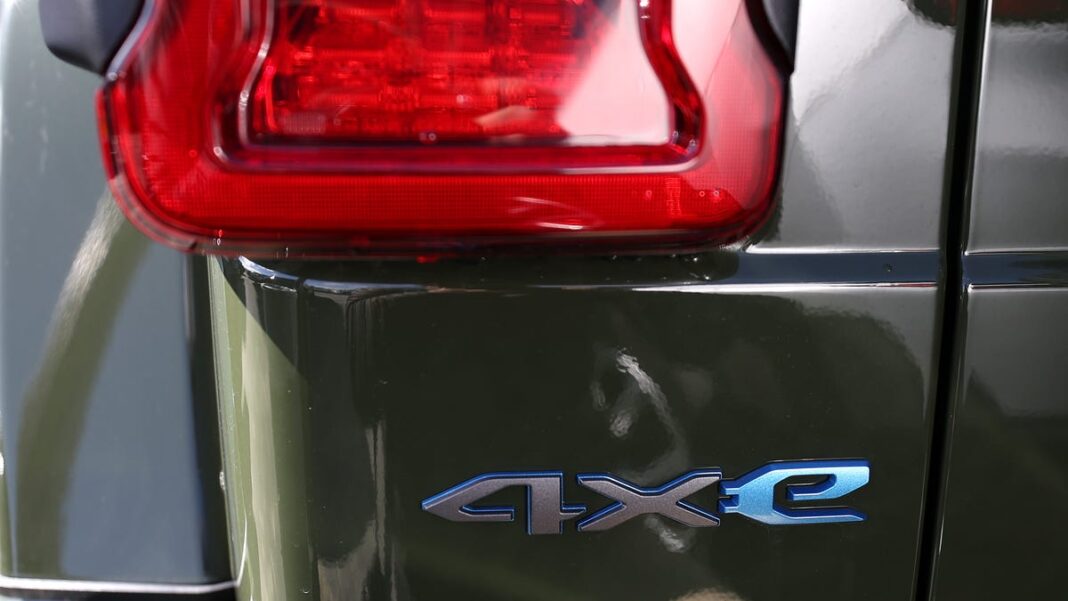‘Park outside’: 150,000 Jeep Cherokee and Wrangler hybrids recalled due to fire hazard
A specific batch of Jeep hybrid plug-in models is undergoing a recall after multiple reports of fires occurring while the vehicles are either parked or in use, as stated by car manufacturers Stellantis and Chrysler.
This recall affects approximately 154,032 vehicles in the U.S. Chrysler informed the National Highway Traffic Safety Administration (NHTSA) on Friday that the high-voltage batteries in these vehicles may experience internal failures, which can result in a fire.
A statement from Stellantis on Monday indicated that there have been 13 reports of fires in parked vehicles involved in this recall. The company noted that around 5% of these affected vehicles could have the defect.
To mitigate the fire risk, notices advising owners of certain Jeep Cherokee and Wrangler hybrids to “park outside” have been issued. Additionally, owners are recommended to refrain from charging their vehicle batteries for the time being.
Here’s what you should know about this recall.
Fire Hazard
According to the recall notifications, the vehicles in question may have been manufactured with battery packs that include cells vulnerable to damage from separators. This damage, when combined with other reactions within the battery cells that facilitate vehicle operation, has the potential to cause a fire.
The fire risk diminishes when the batteries are not charged, which is why owners of the recalled vehicles are advised to avoid charging their batteries until a remedy is provided. The NHTSA also suggests parking away from flammable structures.
Which Jeep Hybrid Plug-in Models Are Affected?
- 2022 Jeep Wrangler 4xe
- 2023 Jeep Wrangler 4xe
- 2024 Jeep Wrangler 4xe
- 2022 Jeep Grand Cherokee 4xe
- 2023 Jeep Grand Cherokee 4xe
- 2024 Jeep Grand Cherokee 4xe
What to Do If Your Jeep is Recalled
Since the fire hazard is reduced when battery levels are low, owners of the recalled models should avoid charging their vehicle batteries until the issue is resolved. Additionally, they should park outside and maintain a safe distance from other vehicles and structures.
Dealers will update the software for the high-voltage battery pack and will replace the battery pack assembly if needed, all at no cost to the owner. Notification letters to vehicle owners are anticipated to be sent out on October 17, 2024. Vehicles previously recalled for the same issue under NHTSA Recall 23V-787 will require the new remedy to be performed.
Car owners who wish to verify the status of their vehicles can enter their information into the NHTSA recall check or visit YSL News’s recall database for automotive recalls.

